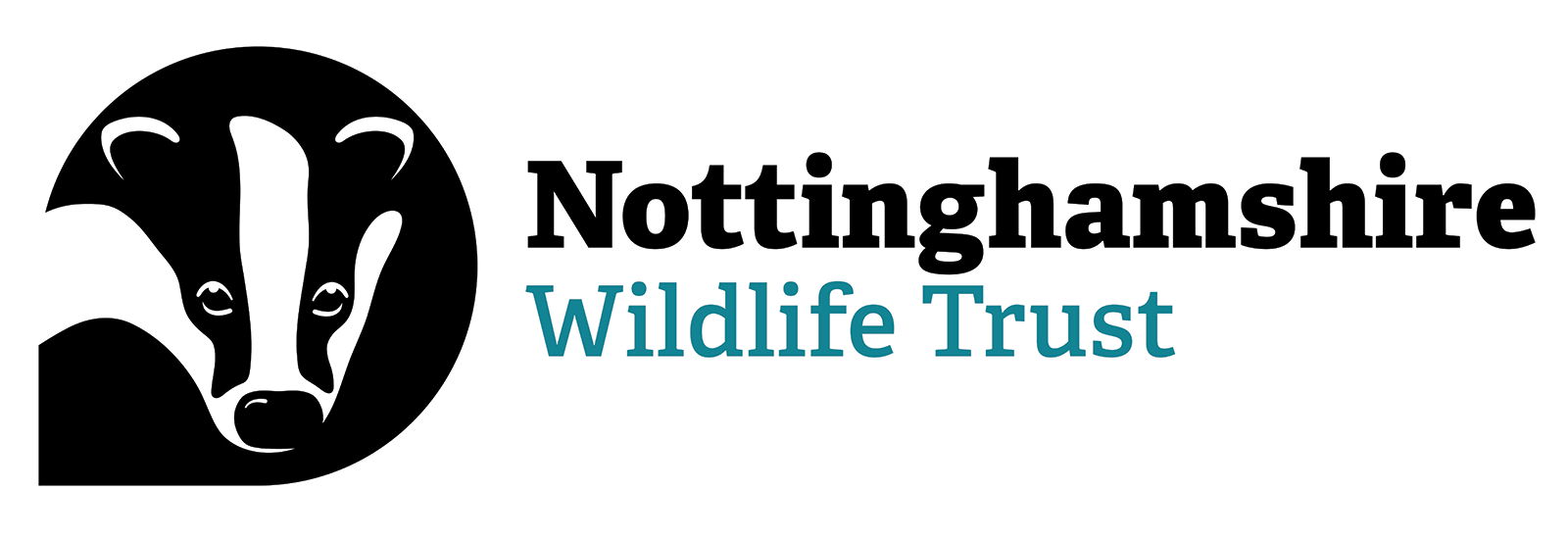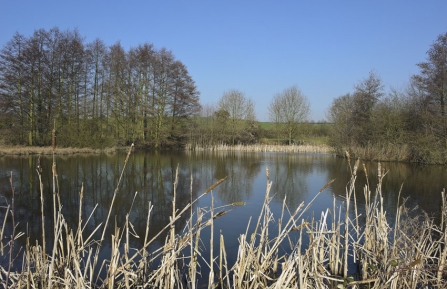Over the past four years Wildlife Trust staff and Trustees have worked tirelessly to reduce costs and increase core income after an unprecedented period of success for the charity, which resulted in major land acquisitions and its largest ever habitat restoration project but left its financial reserves seriously depleted.
Today, the Trust is on a firmer financial footing, however the funding environment is still very challenging and after a rigorous review of its diverse land holding it has taken the difficult decision to sell Reed Pond site as proceeds from the sale are needed to ensure its budget remains in balance. Speaking about the decision Chief Executive Paul Wilkinson said:
“From our formation in the 1960’s saving and managing sites has been a fundamental aspect of our work, it’s in the Trust’s DNA, but almost 60 years on we face real challenges, including rising land management costs and threats to wildlife including HS2, fracking and large-scale development. Every pound we raise could be spent many times over delivering valuable conservation activities and whilst we remain confident and ambitious for the future we have to accept that despite the generous support of our members and donors, difficult choices are unavoidable to ensure we can meet our commitments for this year and plan confidently for the future.”

